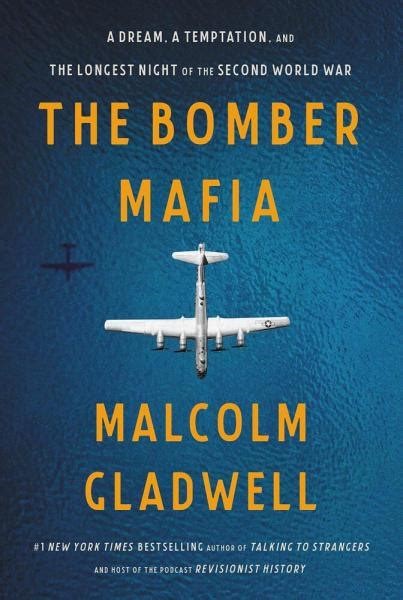What’s the Big Idea?

What’s the Big Idea?
Occasionally in my childhood, my mother would catch me red-handed in the midst of some forbidden act — whether that was smoking one of my dad’s cigarettes in sixth grade or hiding one of the Pecan pies my aunt brought to Thanksgiving dinner during my high-school years. On those rare occasions when my stealth tactics failed me, mom would put her hands on her hips and exclaim, “What’s the big idea?”
My mom was no dummy. She knew quite well what I was up to without ever asking, but that phrase always brought with it the sense of impending doom. It seems that modern day questioning of the “Big Ideas” also carries with it an omen of catastrophe.
Some years ago, I was hanging out with an old friend — both of us probably having indulged in too many Corona Extras — when he pronounced in his most authoritative voice that mankind had discovered everything that was going to be discovered and there was nothing new remaining to be learned.
Needless to say, everyone in our group let him have it. His wife even told him he wasn’t allowed to have any more beers that night. Perhaps his short-sightedness was too painful a reminder of how we each secretly held firmly to that which made us secure and mimicked his thinking to one degree or another.
Lately, I’ve been reading a number of books that document scientific findings which negate years and years of preceding scientific understanding. I’m fascinated to consider the infancy of our understanding about so many things, ranging from astronomy to sub-atomic physics, to the workings of the human brain, to the dueling depravity and virtue within every human being.
Even more interesting is the reaction of average people when confronted with the cognitive dissonance inherent in recognizing that we’ve invested years believing something that wasn’t right. Pity the fool who challenges our confirmation biases.
Consider Galileo and Copernicus. While their claim that a flat Earth did not comprise the center of the universe, seems mundane today, they very nearly got burned at the stake for such radical thinking in their historical context.
Don’t get me wrong; I’m not proposing that we embrace every new idea that comes along. Some people with all the right intentions, arrive at erroneous conclusions. And some people, like my old drinking buddy, are just stupid…or drunk…or both. What I am suggesting is that we question “why” we find divergent ideas offensive.
Those early astronomers nearly got lit up — partly because their findings threatened the church’s concept of God but mostly because they threatened the church’s power structure. So much of what passes for truth today is really propaganda aimed at propping up one power structure or another. Why is “our” propaganda supposedly superior to “their” propaganda or vice-versa?
When will we return to a pursuit of truth merely for the joy of understanding what our finite minds can grasp of absolute Truth rather than wasting time fortifying our political or philosophical positions? When will we understand that a God who is feeble enough to be threatened by new scientific findings is more likely a concept of God fashioned after our own self-image rather than the Creator of the very scientific principles which reveal Truth in the first place?
I don’t know about you, but I find that constantly trying to convince all the other assholes in the world that I’m not the asshole and they are, is far more tiring than just relaxing and embracing the fact that the same entity who created the Big Bang, created the Big Ideas at the same instant. That Creator has things under control and might even be interested in imparting some of that original Truth to us if we drop our guards and listen.
 Let’s talk. I’d really like to hear what you have to say, and it might even give me something to write about. Email me at guy@lawsoncomm.com.
Let’s talk. I’d really like to hear what you have to say, and it might even give me something to write about. Email me at guy@lawsoncomm.com.
I’ll buy you coffee and we can compare notes. I promise not to steal your ideas without permission.
![]()

If there is no absolute beyond man’s ideas, then there is no final appeal to judge between individuals and groups whose moral judgments conflict. We are merely left with conflicting opinions.
— Francis Schaeffer

Did someone forward this newsletter to you after reading it themselves? Don’t settle for that!
CLICK HERE
to get a fresh, unused copy of this newsletter sent directly to you every Sunday morning. If you decide it stinks, you can always unsubscribe.

The Bomber Mafia
— Malcolm Gladwell
On the surface, this is an historical account of the philosophies that drove and won World War 2, along with the creation of the Air Force. Deeper down, it’s a book about a group of men who envisioned a more humane way to beat their enemy — by precision bombing strategic infrastructure rather killing civilians. Deeper still, it’s a fantastic book about trying to do the right thing amidst the worst circumstances … and getting back up after every failure.
A meeting of great minds who think alike












